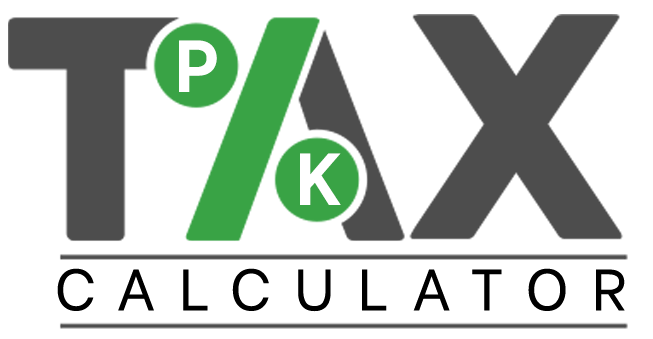Understanding the Taxability of Teachers’ Remunerations in Pakistan: A Closer Look at the Recent Circular
Understanding the Taxability of Teachers’ Remunerations in Pakistan: A Closer Look at the Recent Circular
In a recent development, the Federal Tax Ombudsman Secretariat in Pakistan has issued a circular that could have significant implications for teachers performing duties with Boards of Intermediate and Secondary Education. The circular, dated March 6, 2025, addresses the taxability of remunerations received by teachers for duties such as invigilation, paper marking, and supervision.
Background
Previously, the remunerations for these additional duties were treated and taxed under the head of services as per Section 153(1)(b) of the Income Tax Ordinance, 2001. However, the recent directive from the Federal Tax Ombudsman has mandated that these remunerations should now be clubbed with the main salary and taxed under Section 149 of the same ordinance.
What Does This Mean for Teachers?
This change implies that the additional income teachers earn from invigilation, paper marking, and supervision will now be considered part of their regular salary for tax purposes. This could potentially affect the net income of teachers, as clubbing these remunerations with the main salary might push them into a higher tax bracket, thereby increasing their overall tax liability.
The Rationale Behind the Change
The directive aims to streamline the taxation process and ensure that all forms of income are taxed uniformly. By clubbing these remunerations with the main salary, the tax authorities are likely aiming to reduce discrepancies and ensure a more consistent application of tax laws.
Implications for Boards and Tax Authorities
The circular also requests the Federal Board of Revenue (FBR) to identify potential cases where such remunerations have been taxed under the previous system and to investigate these cases. This could lead to a review of past tax filings and potentially result in adjustments or refunds for affected teachers.
Moving Forward
Teachers and educational institutions should be aware of this change and consider its implications on their financial planning. It may be prudent for teachers to consult with tax professionals to understand how this change affects their individual tax situations.
Conclusion
The recent circular from the Federal Tax Ombudsman Secretariat marks a significant shift in how additional remunerations for teachers are taxed in Pakistan. While the intent is to create a more uniform tax system, it is essential for all stakeholders to understand the implications and prepare accordingly. As always, staying informed and seeking professional advice can help navigate these changes effectively.
For more updates on tax regulations and their impact on various professions, stay tuned to our blog. If you have any questions or need further clarification, feel free to reach out to us.
